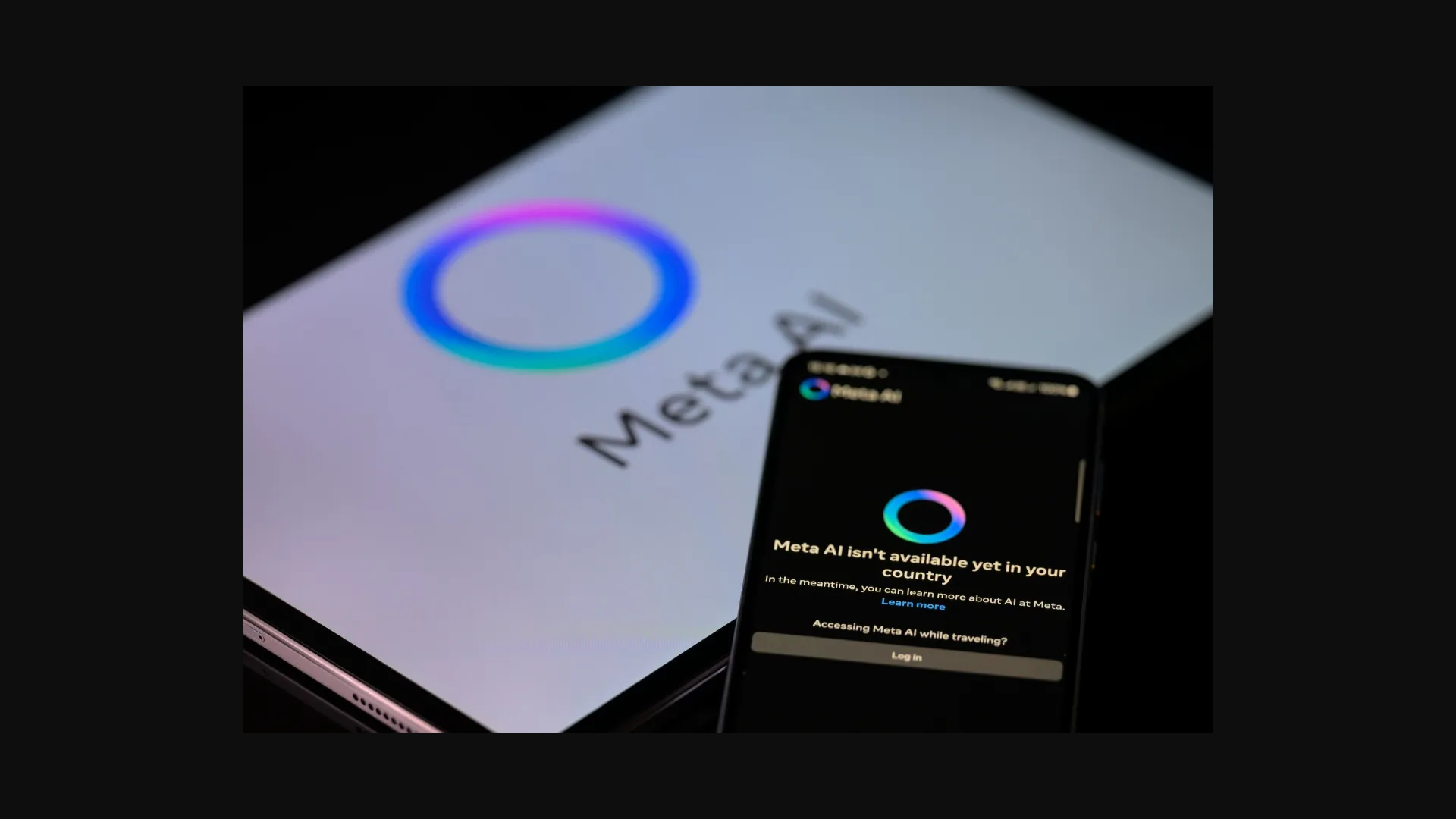Unsealed court documents have revealed that Meta forecasts making between $460 billion and $1.4 trillion in revenue from generative AI products by 2035, with an early target of $2–3 billion in 2025 alone. These internal projections were disclosed in a lawsuit filed by book authors accusing Meta of using copyrighted materials — including pirated books — to train its AI models without permission.
While the documents don't detail exactly which products Meta classifies under "generative AI," the company is known to profit from various AI initiatives — including revenue-sharing through its open-source Llama models, an API for model customization, and its growing AI assistant, Meta AI, which CEO Mark Zuckerberg said could eventually include ads and premium subscriptions.
Why it matters:
This revelation shows the massive financial stakes tech companies are betting on in the AI arms race. Meta’s projected trillion-dollar windfall highlights how central generative AI has become to its long-term business strategy. The company is already investing aggressively — over $900 million in 2024 alone for its GenAI groups, with infrastructure spending between $60B and $80B planned for 2025. However, the documents also show Meta allegedly considered paying $100 million to license books for training — but opted instead to use unlicensed data, leading to legal challenges over copyright infringement.
Public reaction:
The forecast has triggered a wave of skepticism and criticism. Authors and creatives argue that Meta’s trillion-dollar ambitions come at the expense of intellectual property rights, calling the company’s practices exploitative. On the other hand, investors and AI enthusiasts see the projection as validation that generative AI could become a pillar of Meta’s revenue model. Meta defended its actions in a statement, claiming its use of training data falls under fair use and asserting that the lawsuit presents a “distorted narrative.”






